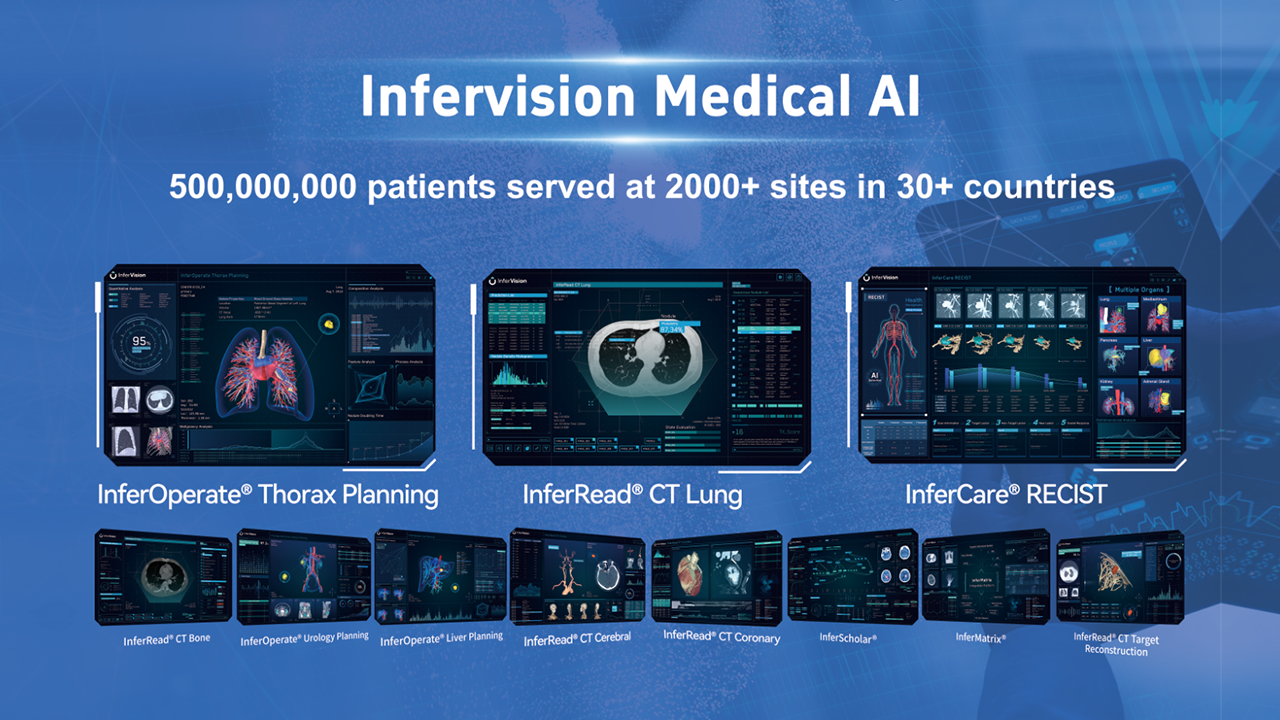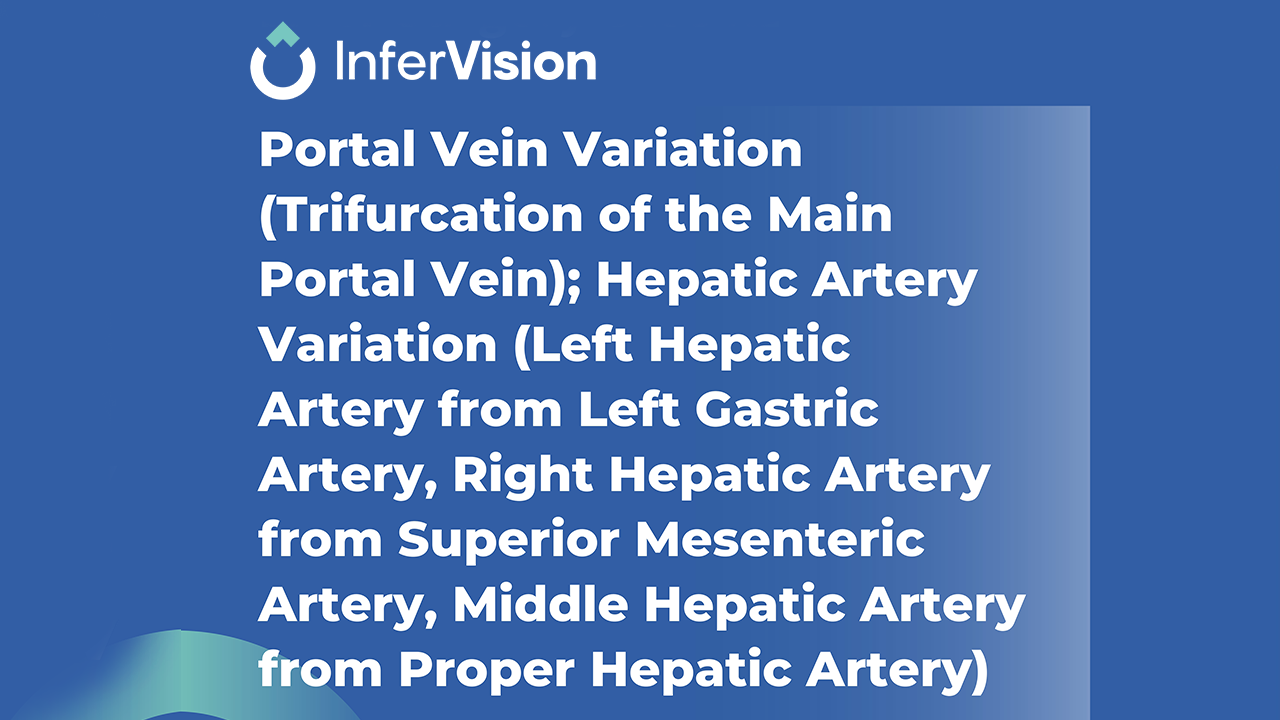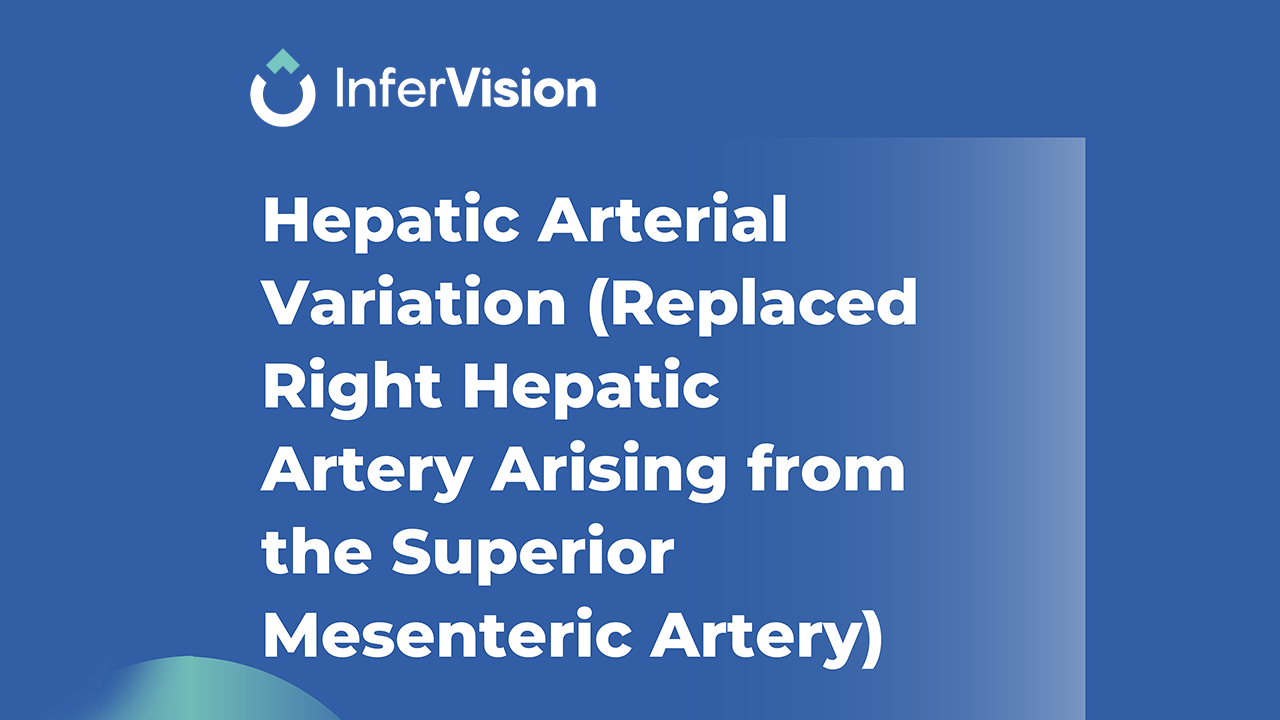Short Read
Pakistan faces one of the world’s highest tuberculosis (TB) burdens, ranking fifth globally. Dopasi Foundation, a Pakistani non-governmental organization, is committed to transforming TB case finding in the country, especially among key and vulnerable populations, to accelerate progress in line with the international End TB Strategy. In August 2023, to reach the unreached, Dopasi significantly expanded its efforts by deploying Infervision’s advanced AI solution, InferRead DR Chest, fully integrated with Sinopharm’s lightweight, battery-operated ultra-portable X-ray solution. Since then, over 8,000 individuals across Pakistan have been screened, improving access to critical care for miners, transgender communities, refugees and other underserved populations. This case study showcases how Infervision’s and Sinopharm’s technology is bridging the TB detection gap in hard-to-reach populations.

The Problem
Despite recent progress, more than 179,000 people with TB in Pakistan remained undiagnosed in 2022, highlighting a critical gap in case detection. This shortfall is primarily due to limited resources, including insufficient access to radiologists and X-ray machines, especially in remote areas and among key and vulnerable populations. Such populations include prisoners, miners, refugees and transgender individuals, who face even greater obstacles to receiving timely diagnosis and care, exacerbating health disparities. Another population with high risk of developing TB are healthcare workers, who are often overlooked by screening initiatives. Pakistan’s challenging geography. Combined with the growing impact of climate change, further hinders efforts to provide swift and effective TB screening, leaving many at risk of undetected and untreated illness.
Bringing TB Detection to Key Populations in Pakistan
In response to these challenges, Dopasi expanded their fleet of AI-powered ultra-portable X-ray systems in August 2023, adding Infervision’s cutting-edge InferRead DR Chest AI into its screening toolkit, which was provided in fully-integrated package with Sinopharm’sultra-portable X-ray system.
Allowing for rapid, decentralized TB screening, two of Dopasi’s mobile teams utilize the equipment in campaigns that bring TB screening to the doorsteps of key populations across nine districts spanning Punjab, Khyber Pakhtunkhwa, and Sindh provinces. Significantly, this is the first time many of these populations have been reached with TB screening initiatives; for instance, this is the only intervention in Pakistan that targets healthcare workers for TB screening.

How it works
Weighing just 30kg, the Sinopharm ultra-portable X-ray is well-adapted for travel to rural regions in Pakistan. The streamlined integration further enhances portability, enabling Dopasi to transport the system across rural and mountainous regions - even using cable cars to cross challenging terrain. In areas where internet connectivity and reliable electricity are scarce, the system’s offline capabilities are crucial. InferRead DR Chest can be pre-installed directly onto the X-ray console laptop, allowing it to interpret chest X-rays offline in under 30 seconds. With a single battery charge, Dopasi were able to utilize the system to take approximately 70 X-rays, ideal for settings without mains electricity. This innovative technology has allowed Dopasi to set up screening campaigns in diverse environments, from coal mines and prison facilities to remote mountain villages and coastal areas. At these camps, everyone receives a chest X-ray, which is immediately and accurately analyzed by InferRead DR Chest to detect signs of TB. Those flagged by AI as potentially having TB are connected to follow-up diagnostic testing and treatment if necessary.
With over 8,000 screenings completed in less than a year, this integrated solution is already making a significant impact in Pakistan, particularly for populations that have historically been underserved by traditional healthcare systems. The partnership between Infervision and Sinopharm has enabled Dopasi to overcome logistical challenges, reduce diagnostic delays, and expand access to life-saving TB care in even the most isolated regions.
Testimonials


What’s next?
Building on the success of these campaigns, Dopasi plans to further expand its efforts with UP-XR systems and AI/CAD technologies. The organization aims to utilize the InferRead DR Chest's advanced capabilities to detect multiple additional pathologies on chest X-ray images. This initiative will enhance overall respiratory health in underserved populations, providing comprehensive care and early intervention for various respiratory conditions.
.jpeg)





